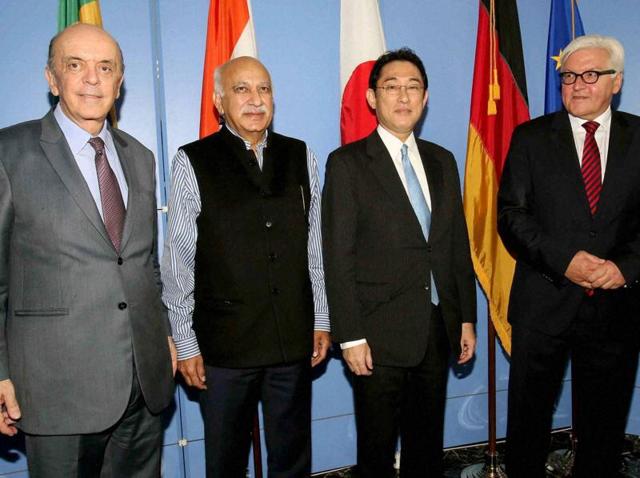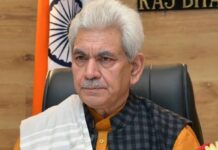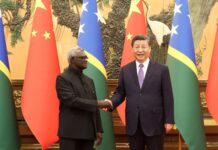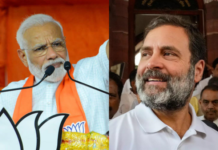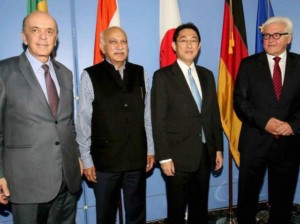 UNITED NATIONS: India and other G4 nations today called for starting a “credible” text-based negotiations which adequately captures all positions expressed to reform the outdated UN Security Council.
UNITED NATIONS: India and other G4 nations today called for starting a “credible” text-based negotiations which adequately captures all positions expressed to reform the outdated UN Security Council.
Japan, India, Brazil and Germany – commonly known as G-4 – are seeking expansion of the permanent and non-permanent seats of the Security Council. They support each other’s bids for permanent seats on the UN Security Council.
“Let us not lose time and energy in discussions and repetition of positions which do not take our work forward,” Germany’s Permanent Representative to the UN Christoph Heusgen told the first meeting of the intergovernmental negotiations (IGN) on the “question of equitable representation on and increase in the membership of the Security Council and related matters”.
He was speaking on behalf of G-4 countries.
Heusgen said an overwhelming 85 per cent of member states or 164 countries – have demanded to begin text-based negotiations.
“We need a text that can be negotiated. A text which adequately captures all positions expressed, Heusgen said, urging the co-chairs to facilitate these negotiations.
“We need to look at all positions in a holistic manner, and let s be frank, in a political manner. Because we all know: this is not technical discussion. This is not an academic exercise. This is a political discussion. One which should be based on give-and-take and negotiations,” he said.
“So let s not tip-toe around this fact, but let s confront it head-on and, if we are serious about the credibility of this process, then we need to get going!” the German ambassador said.
He also called on the IGN Co-chairs, to develop their own text to be presented at their next meeting.
“Such a text should be based on the work done by us, member states, in the previous years reflected in the documents listed in decisions of the General Assembly relating to IGN.
“Focusing our discussions on a text is the only way we can do justice to our responsibility and the wish of the General Assembly to achieve an early reform of the Council,” he said.
In such a text, the positions of all the groups should be duly and comprehensively reflected, the German Ambassador said.
The structure of the Security Council, created 70 years ago, must take into account new ground realities of the 21st century, or else it will affect the credibility and relevance of the world body, UN General Assembly President Miroslav Lajcak said as he called for out of the box ideas to get it done.
“We need a Security Council adapted to today’s world. And that is not merely a technical, or procedural task. It relates to the lives of people. It affects the credibility and relevance of the General Assembly, which established this process. And, it puts the entire United Nations system at stake,” Lajcak said in his address.
The world it was created to protect is unrecognizable today, he noted.
“The Council must reflect these changes. It must take into account new realities. We have all agreed on this.
Throughout our years of negotiation, no one has challenged, or questioned, the need for reform. Which is why we can say, we need a credible process leading towards a meaningful outcome,” Lajcak said.
“Another thing we can say, for certain, is that we know what does not work. We know what will not drive us forward: Repeating well-known positions; Drawing red lines; Calling for flexibility from others, without giving any ourselves; Choosing prepared statements over interactive dialogue; Talking at – instead of to – each other,” he said.
Addressing diplomats from member countries, he urged them to put forward their ideas on how it should proceed.
“This will mean identifying any gaps that need to be filled. It will mean shining a light on new possibilities for convergence,” he said.
“It will mean looking at options to move ahead in all five clusters. It will mean thinking outside the box. It will mean brainstorming.It will mean really talking, and really listening, to each other,” said the UN General Assembly President.-PTI

